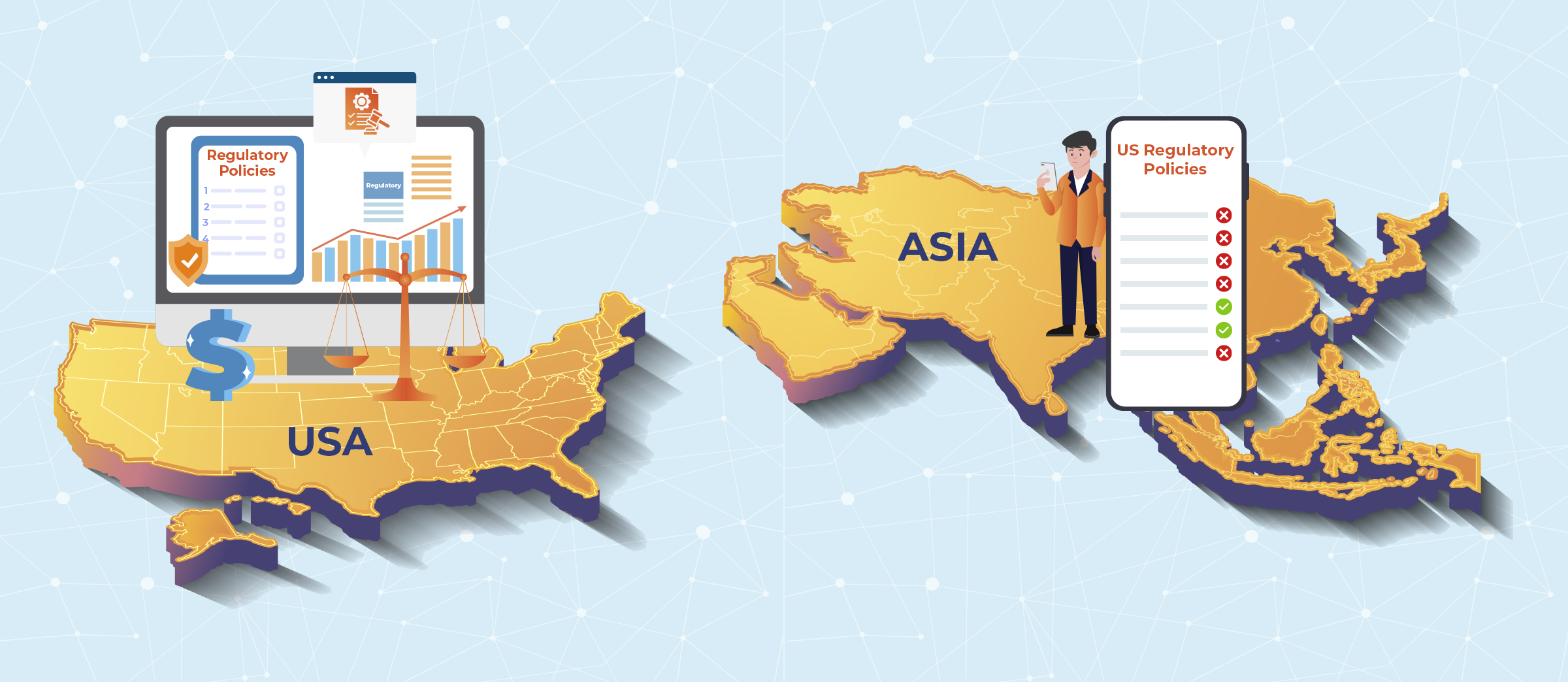 Meet Freya
Meet Freya

The reintroduction of the Production of Lifesaving Supply of Medicines (PILLS) Act is set to reshape the global pharmaceutical landscape. Aimed at reducing foreign dependency and strengthening domestic pharmaceutical manufacturing in the United States of America, this legislation has significant implications for global supply chains.
While the Act primarily focuses on securing the U.S. supply of generic medicines, its impact extends far beyond American borders, particularly affecting Southeast and Far East Asia, where the life sciences industry plays a crucial role in global drug manufacturing and distribution.
Through this article we aim to explore how the reintroduction of the PILLS Act is influencing the life sciences sector in Southeast and Far East Asia. Key areas of focus include:
The PILLS Act is designed to enhance the resilience of the pharmaceutical supply chain in the U.S. through:
Economic Impact
The PILLS Act is set to alter trade dynamics in Southeast Asia, particularly for countries that have been key players in the pharmaceutical supply chain:
Regulatory Impact
Economic Impact
Regulatory Impact
While the PILLS Act is designed to fortify the U.S. pharmaceutical supply chain, its ripple effects will be felt across key life sciences hubs in Southeast and Far East Asia. Nations like Singapore and South Korea, which play significant roles in global drug manufacturing and R&D, will need to reassess their regulatory strategies and trade priorities. Meanwhile, India and China, both dominant pharmaceutical suppliers, face structural shifts in export demand and competitive positioning.
As a global pharmaceutical and biotech hub, Singapore’s well-established infrastructure and strong government backing provide resilience against supply chain disruptions. However, with U.S. trade priorities shifting, Singaporean pharmaceutical firms may need to diversify export strategies and strengthen partnerships within South East Asia and the European Union to mitigate risks.
For instance, in early 2023, Roche committed $500 million to expand its manufacturing capabilities in Singapore, specifically focusing on the production of biologics. This investment was expected to enhance Roche’s regional supply chain resilience and support the growing demand for innovative therapies in Asia. With this expansion, Roche aimed to bolster its presence in both the ASEAN and European markets, aligning with the strategic need for diversification in response to shifting U.S. trade priorities.
Similarly, Singapore’s Health Sciences Authority (HSA) and South Korea’s Ministry of Food and Drug Safety (MFDS) have signed a Mutual Recognition Agreement (MRA) on Good Manufacturing Practice (GMP) certification, streamlining regulatory approvals and enhancing trade efficiency between the two nations.
South Korea’s life sciences industry, particularly in biosimilars and biopharmaceuticals, is among the most advanced in Asia. While potential trade restrictions with the U.S. present challenges, Korean firms are actively expanding into alternative markets and strengthening global collaborations.
Samsung Biologics recently secured $668 million in manufacturing deals with a European pharmaceutical company, extending services through 2031—a strategic move to lessen reliance on the U.S. market amid shifting trade policies. Likewise, Celltrion, a leader in biosimilars, is actively expanding into European and emerging markets by pursuing broader regulatory approvals, reinforcing its global competitiveness and reducing dependency on U.S. trade dynamics.
The reintroduction of the PILLS Act marks a critical shift in the global pharmaceutical landscape, particularly for Southeast and Far East Asia. While the legislation aims to bolster U.S. domestic manufacturing, its impact will reshape trade dynamics, investment strategies, and regulatory frameworks across the region.
To navigate these evolving challenges, life sciences companies must embrace proactive strategies—leveraging real-time Regulatory Intelligence, fostering global collaborations, and investing in resilient supply chains. The businesses that anticipate change and act swiftly will not only mitigate risks but also unlock new opportunities in an increasingly complex and competitive market.
While shifting trade balances and evolving compliance requirements pose challenges, they also open doors for innovation, regional investment, and strategic collaborations.
Staying ahead of regulatory shifts is no longer optional—it’s a strategic necessity.
As the PILLS Act continues to shape global supply chains, its long-term impact on regulatory frameworks and pharmaceutical R&D will become increasingly clear. Companies that stay ahead of these shifts—by leveraging technology, forming strong partnerships, and proactively managing compliance—will gain a competitive edge in this evolving market.
In a rapidly changing regulatory landscape, having the right insights is critical. Freya.Intelligence empowers businesses with real-time regulatory updates, expert-driven analysis, and AI-powered solutions to turn uncertainty into opportunity.
🚀 Stay ahead of industry shifts—start your 2-week free trial with Freya.Intelligence today and future-proof your business.


Get your regulatory dose of information delivered straight to your inbox every month!
Subscribe Now